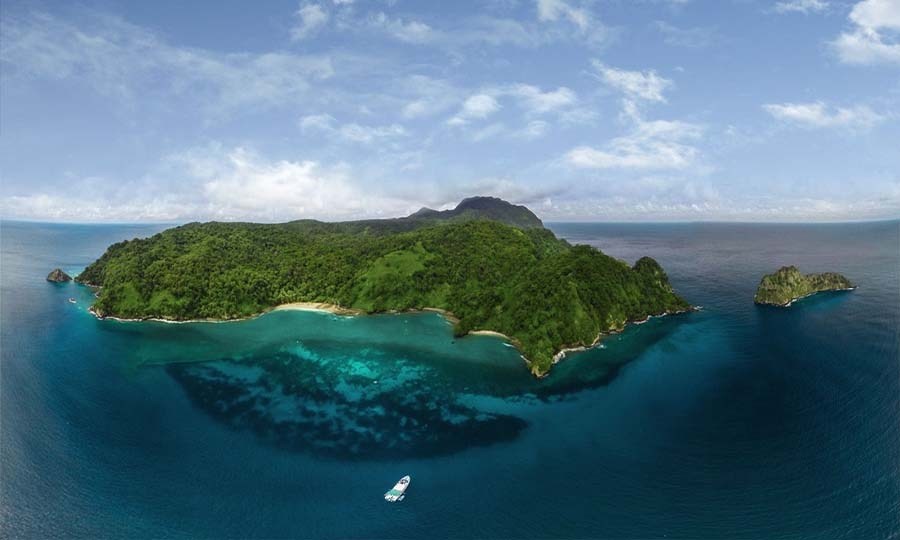When former Costa Rican President Carlos Alvarado signed an executive decree to significantly broaden the boundaries of the Isla del Coco National Park, the global community applauded the move. At first glance, this appears as a commendable initiative aligning with international environmental commitments, aiming to protect the rich biodiversity of the area, nearly 45% of which is endemic. Remarkably, the park houses 47.4% of all endemic marine species in the country.
The Unhappy Fishermen: Livelihoods Under Threat?
However, not everyone shares in the jubilation. Fishermen, particularly, expressed their discontent. These fishing communities are demanding the reversal of the expansion of the protected zone around Isla del Coco, asserting that their survival and livelihoods are at stake. Three distinct organizations—the National Chamber of the Longline Industry Association, the Longline Fishermen Association of Cuajiniquil, and the Chamber of Artisanal Fishermen Association of Puntarenas—have initiated legal action against the decree.
The Legal Actions: Violations of Rights?
The legal battles are primarily directed at the Ministry of Environment and Energy and the very decree that expanded the no-fishing zone from a mere 2.7% to an enormous 30% of the marine territory. The fishermen argue that the decree infringes on their rights, violating their right to free enterprise and right to work. Furthermore, they claim it contradicts the pro homine principle, a concept requiring legal norms to favor human beings in their interpretation.
International Support for Conservation Measures
The Global Environmental Fund has shown its support for the initiative by providing millions in funds to four nations—Costa Rica, Colombia, Ecuador, and Panama. These nations have agreed to establish and implement safeguard measures in a newly agreed-upon marine corridor.

